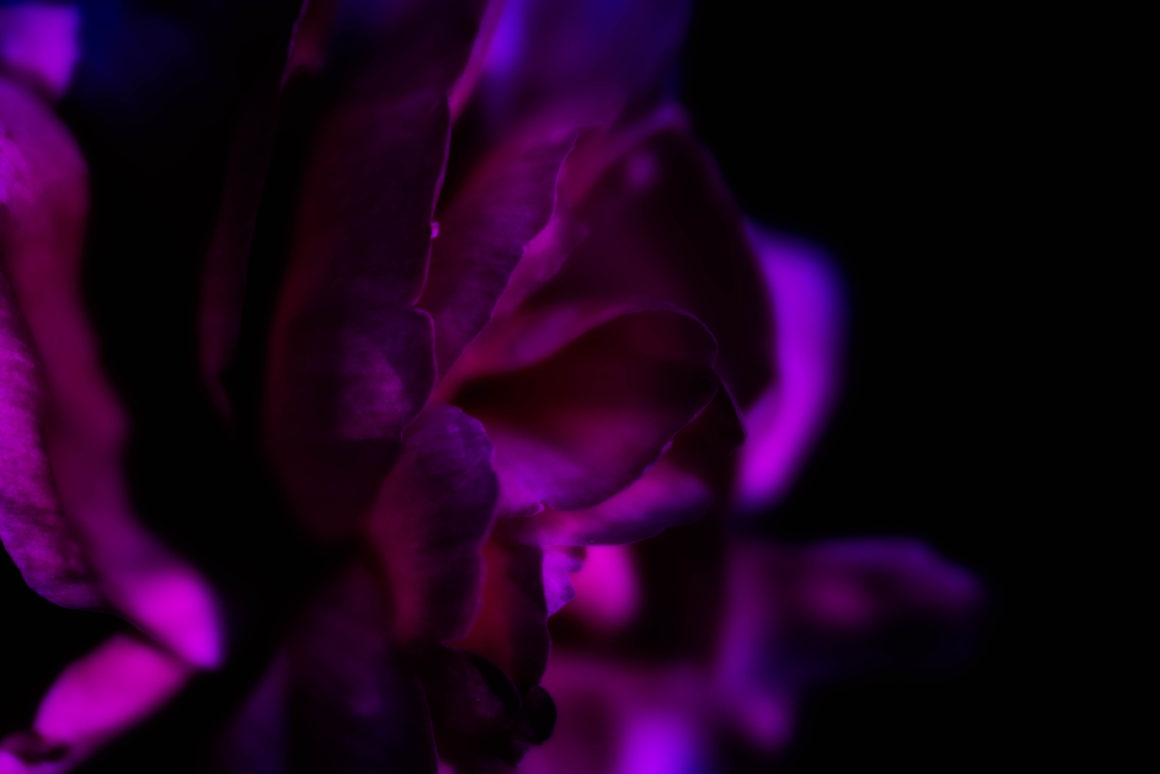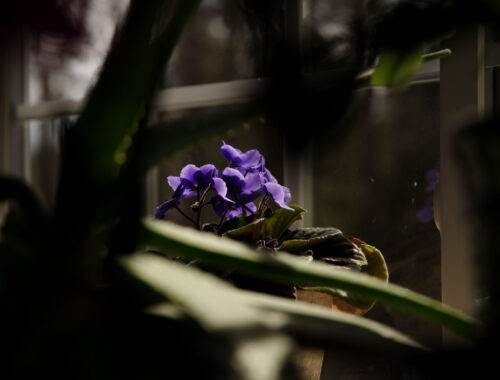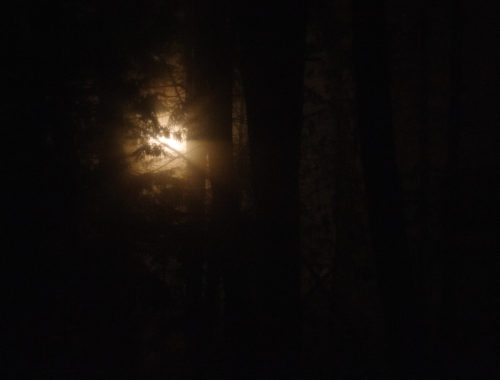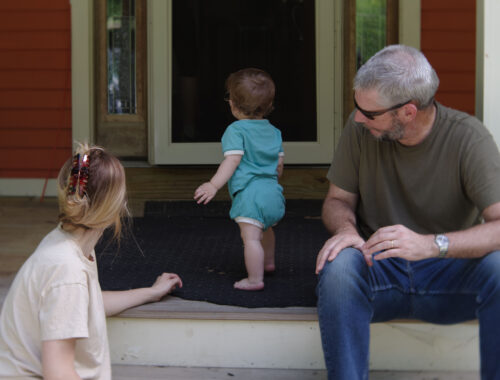
On the Hunt
Quiet weekend afternoons in my adolescent years were sometimes spent reorganizing dresser drawers and closet shelves. My mother was pleased to get things straightened up and pared down, but I was in it for the treasures to be found, the stories to be shared, and the scenarios to be imagined: when had my mother been concerned enough with the latest fashions to have purchased that many lavish beads and baubles? How did she spend her Friday nights? At what sort of venues would she wear a short coat of black Persian lamb with mink collar and her pre-marriage initials embroidered into the lining?
Some Sundays, my sister and I, along with our friend Sue, would walk all over town and end up at Auntie Mamie’s house. Aunt Mabel was Dad’s long-widowed (her husband died in World War II) eldest sister who lived in the family home on Penobscot Avenue. Of course, I now wonder how happy she was to see us, but if she would rather have gotten back to a good book, she didn’t let on. A visit to her house always included a lovely chat around the kitchen table, a cup of tea, and some sugared Danish shortbread cookies nestled in scalloped papers inside a round, embossed tin. Once, Auntie Mamie’s storytelling led to a trip upstairs and the opening of her hope chest. I had pawed through Mom’s Lane cedar chest enough times to the know the contents by heart, but here were long-buried treasures that turned a cloudy afternoon into something special. The fancy hats we all tried on flattered my sister best, but I still have some of the costume jewelry Auntie Mamie put into my hands.
So, my curiosity was rewarded when I was young and that might be why I continue to cultivate it, especially when it comes to trying new authors. I can’t imagine that Stephen Harrod Buhner’s books would have made their way into my life if one of them hadn’t found its way into the hands of a friend, who told me such interesting things about The Lost Language of Plants that I bought my own copy, fell in love with the words and thoughts I found there, and soon ordered more titles. Ensouling Language: On the Art of Nonfiction and the Writer’s Life is the one enchanting me now, and I’ve already ordered two of the books Buhner refers to. (Just wait until I get to the bibliography; I’ll need to find more room on the shelves.) While it’s tempting to share 75 percent of the book’s paragraphs, I’ll do everyone a favor and refrain, limiting myself to this (at least, for now):
There is something more to the heart of any craft, trade, or human endeavor than the mechanics of it. Why this truth is so often overlooked is hard to fathom but it seems we have forgotten something essential about our humanness the past sixty years or so. And although a lot of things could be considered (and will be as this book goes on) at the simplest level, there is always ethos and eros in any endeavor in which a human being attains a degree of mastery. And eros and ethos make anything they are part of a great deal more than a grocery list.
Sure, I’ve long known that passion and integrity can shift a mediocre work to a different plane, but I’m not sure I could have put my finger on these essentials without Buhner showing me the way. Yes, we’ve all seen iterations of it (“Follow your passion;” “Integrity is doing the right thing when no one is looking”), but those “words to live by” that get printed up and offered for sale in the décor section of Hobby Lobby don’t really cut it. So, for me, the treasure hunt continues. Pretty beads and rhinestones are nice, but I’d rather collect words.




